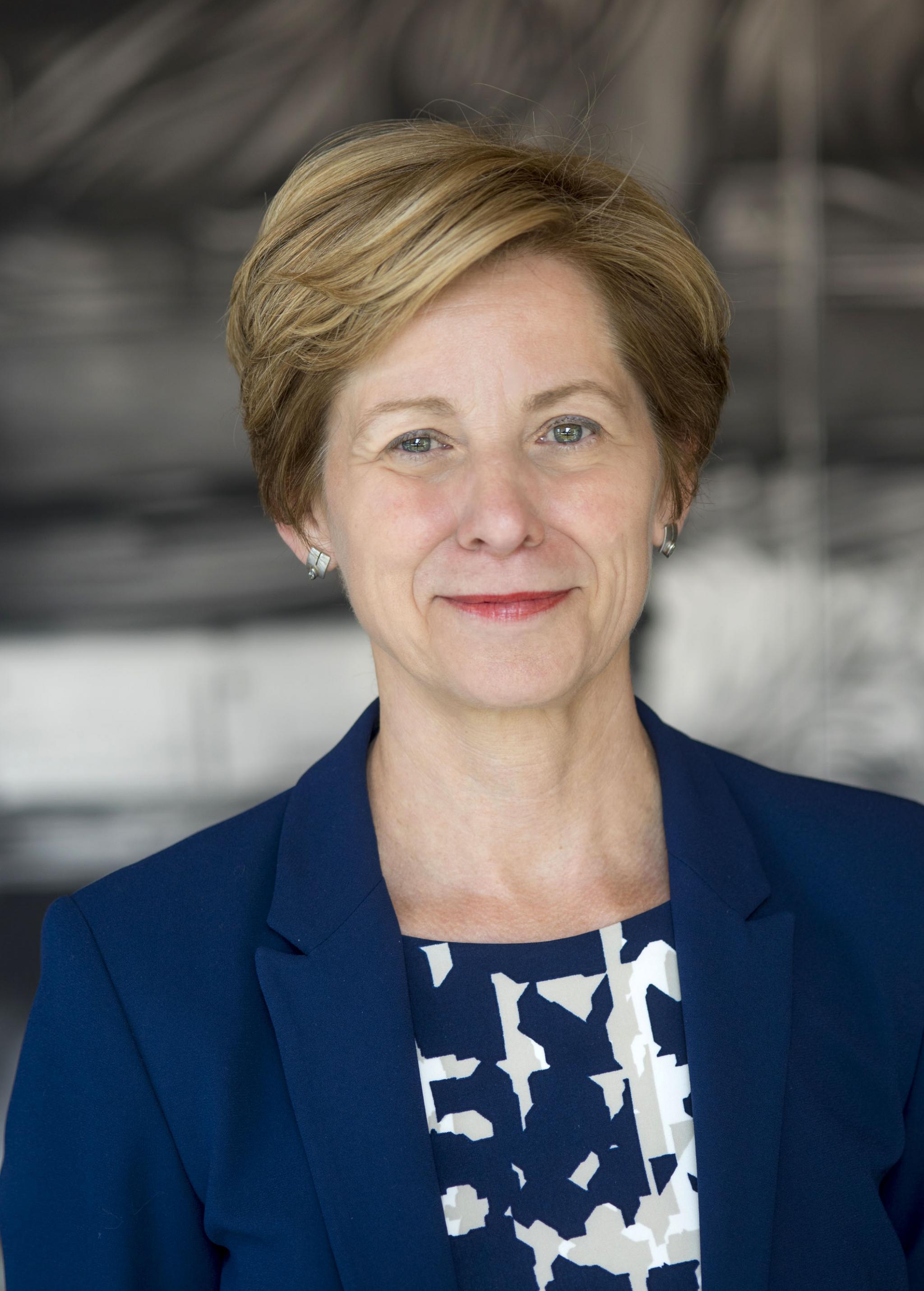The Leiden-Delft-Erasmus Strategic Alliance has been in place for more than five years. A lot has been achieved in the first phase and the universities are positive about the alliance. September saw the start of preparations for determining the strategy for the next phase: 2019-2024. Kristel Baele, Chair of the LDE steering committee (the three Executive Boards) and President of the Executive Board at Erasmus University Rotterdam, explains:
 How is the next phase of the Leiden-Delft-Erasmus alliance being prepared?
How is the next phase of the Leiden-Delft-Erasmus alliance being prepared?
“We started talks on the next phase of the Leiden-Delft-Erasmus Alliance in September. Talks are not confined to the LDE steering committee alone, but go far beyond it. They involve centre leaders, deans and students, as well as stakeholders in the region. When we have more clarity about the strategy, we will engage in discussions with the representation bodies. That will take up much of 2018.”
How do you arrange external input for the new strategy?
“The universities’ alliance is partly focused on making a joint contribution to solving issues in society. Therefore, our slogan is: ‘Three universities working together for science and society’. These issues are high on international, national and regional agendas. In determining strategy, we consider it to be extremely important to take arguments from outside and to involve external stakeholders. This is why we were in Brussels in November for a meeting with the European Commission and we will be having talks with the Province of Zuid-Holland on 11 December. We will then look to see which challenges in society link in with the agendas and the expertise of our three universities.”
Can you tell us anything about the steering committee’s vision?
“It’s still very early days and it is important not to rock the boat. What is clear is that Leiden University, TU Delft and Erasmus University Rotterdam are all convinced that collaboration is important. Joining forces not only means that we are stronger internationally, but are better able to contribute to society precisely because we engage in multidisciplinary collaboration based on complementarity. An excellent example is the Centre for Frugal Innovation, in which technological, economic and life sciences come together in a completely new field. As well as in the centres, the Leiden-Delft-Erasmus alliance is also actively involved in many research programmes. Joint education programmes, such as the Clinical Technology master and the Responsible Innovation minor, are important results of this. They give students a wider perspective and prepare them more effectively for new labour markets.”
What developments are of relevance to the new Leiden-Delft-Erasmus strategy?
“They include such demographic developments as migration, urbanisation and ageing. Of course, there are also sustainability issues and increasing digitisation. These themes are all reflected in the United Nations’ Sustainable Development Goals, the EU’s Horizon 2020 programme and its successor KP9, the Dutch Science Agenda and the Association of Universities in the Netherlands’ Digital Society initiative.”
What do universities have to do to respond to this?
“Responding to the great issues of society calls for a multidisciplinary approach. Often, a single university may not have the wherewithal to achieve this, which makes collaboration essential. Our three universities offer almost the complete range of scientific expertise required to contribute to solutions for these serious issues. In addition to collaboration between universities, another approach is also required, which is to involve the public and civil society, government agencies and the business community. This approach can be seen reflected in the Centre for BOLD Cities, for example. Here, researchers are working together with Statistics Netherlands (CBS), municipalities and people on benefits to improve the process of returning to work.”

